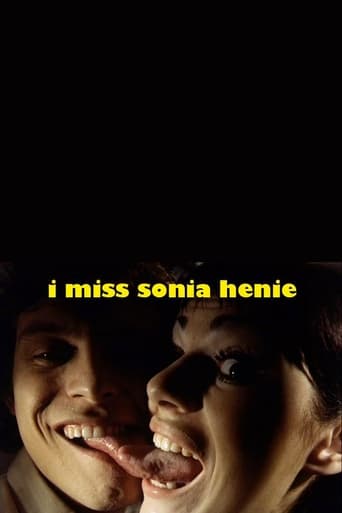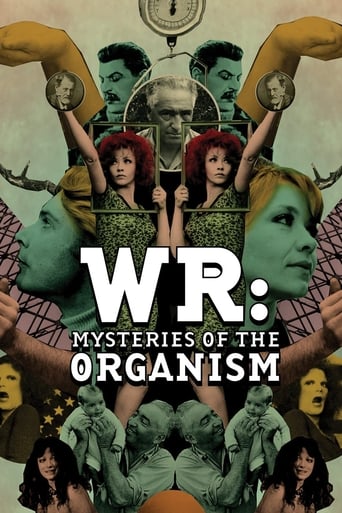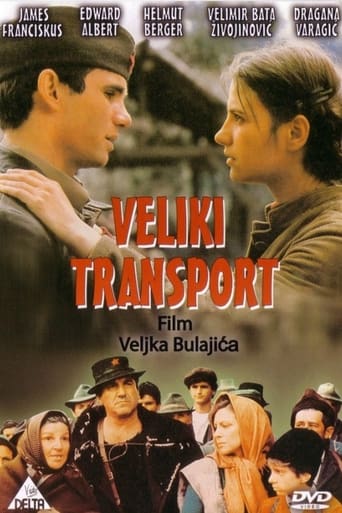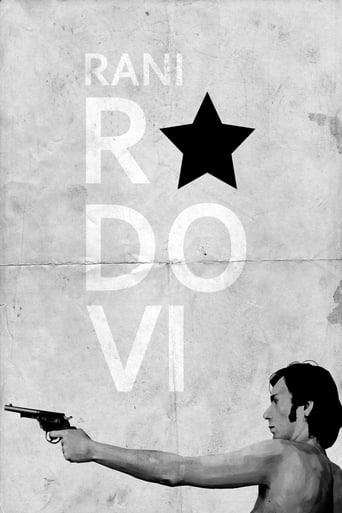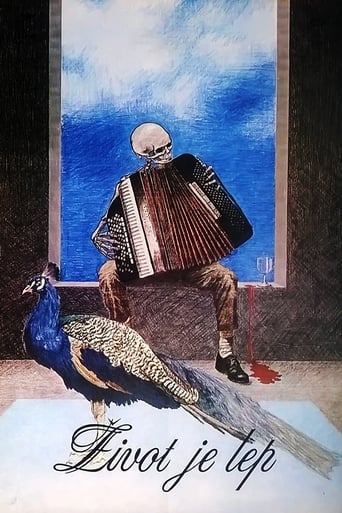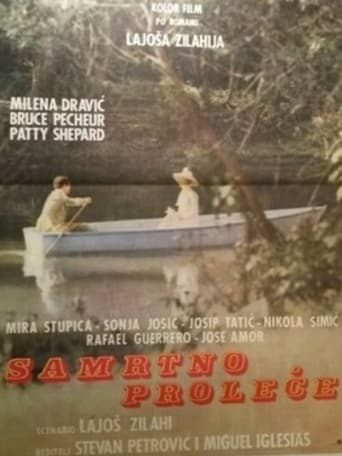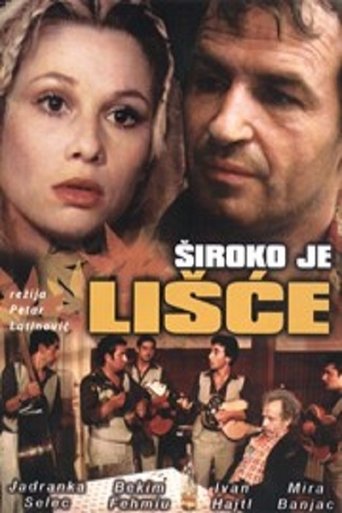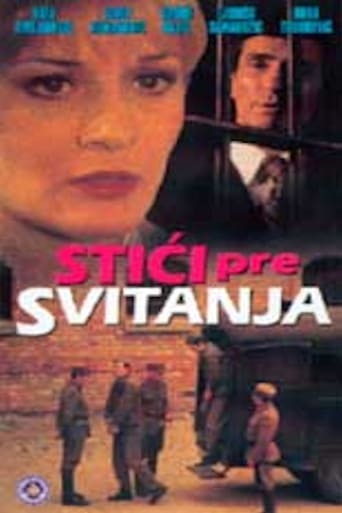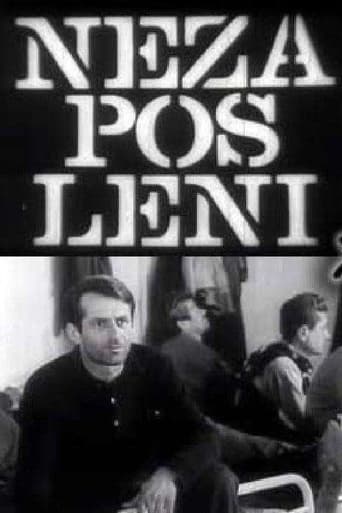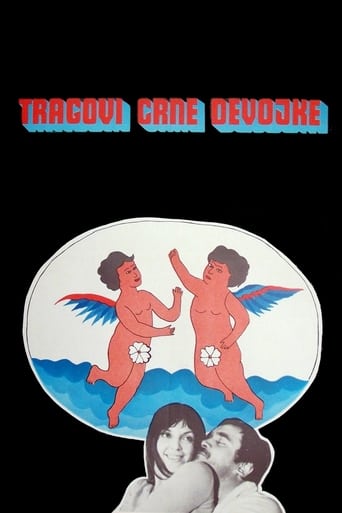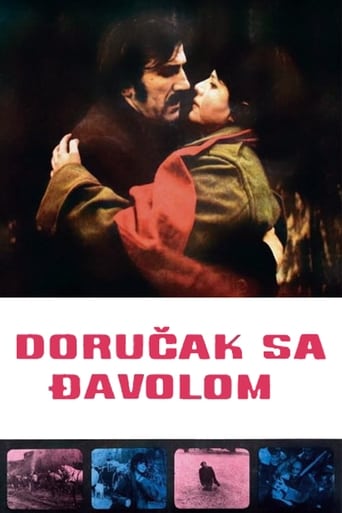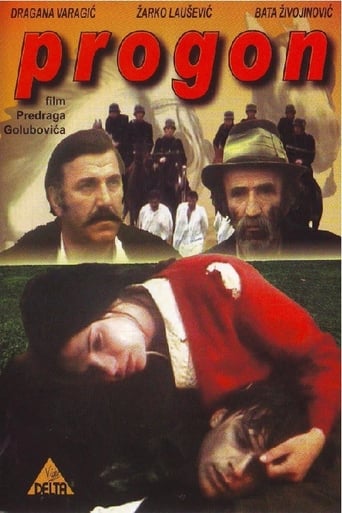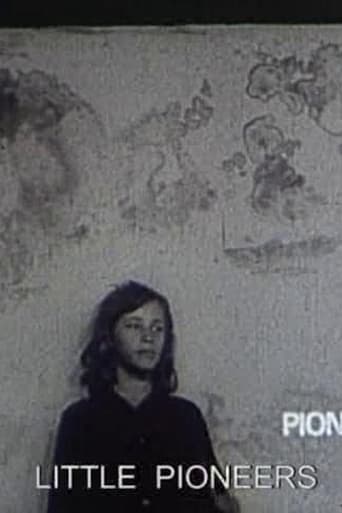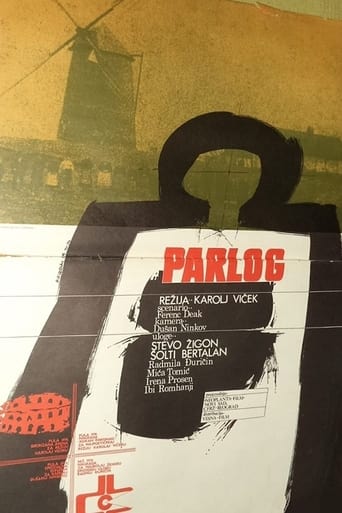I Miss Sonia Henie 1971
One camera in one setting, one attic and eight young directors – the result is a unique Dadaistic collage of seven short sketches. The original task for each filmmaker was to keep each short under three minutes, to set it in one hotel room, and to include the sentence “I miss Sonja Henie." This experimental film was shot over a single night at the international film festival FEST in Beograd in 1971.
